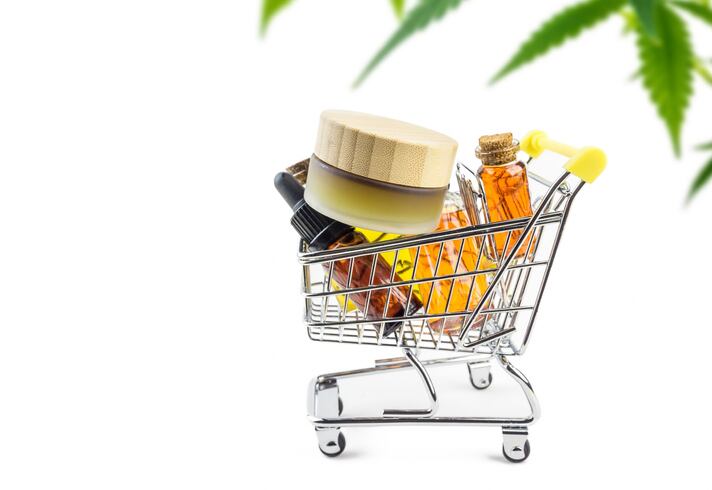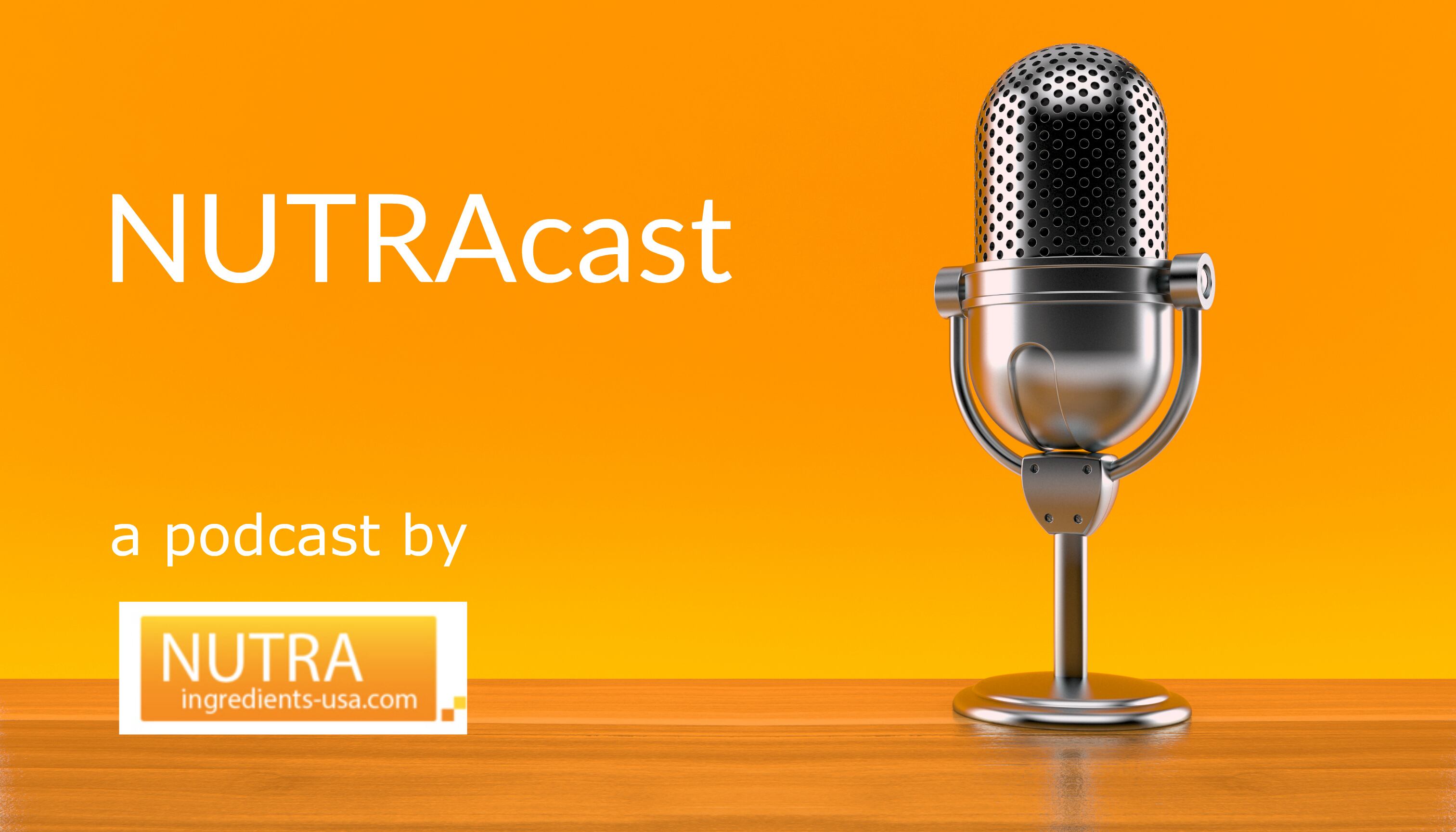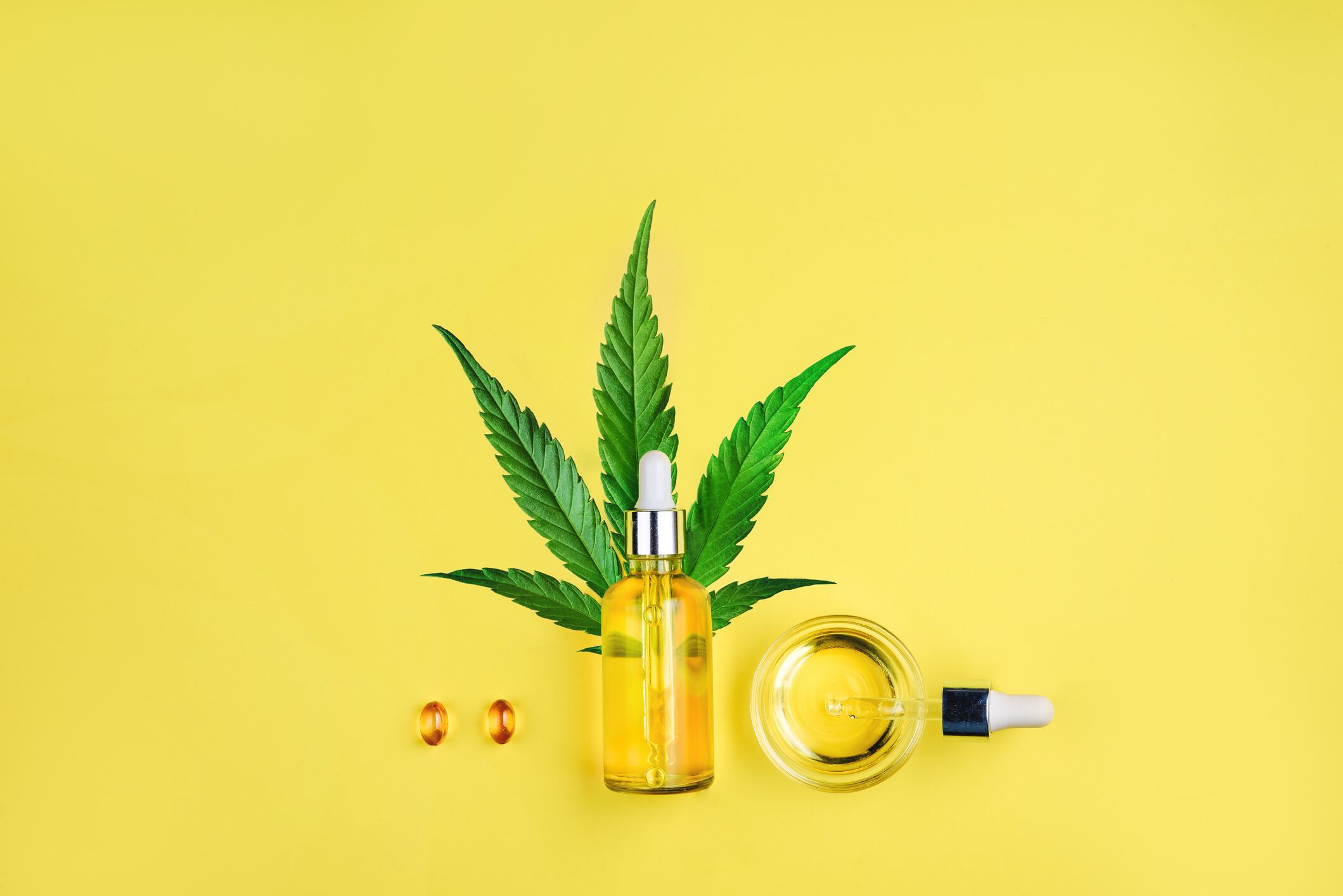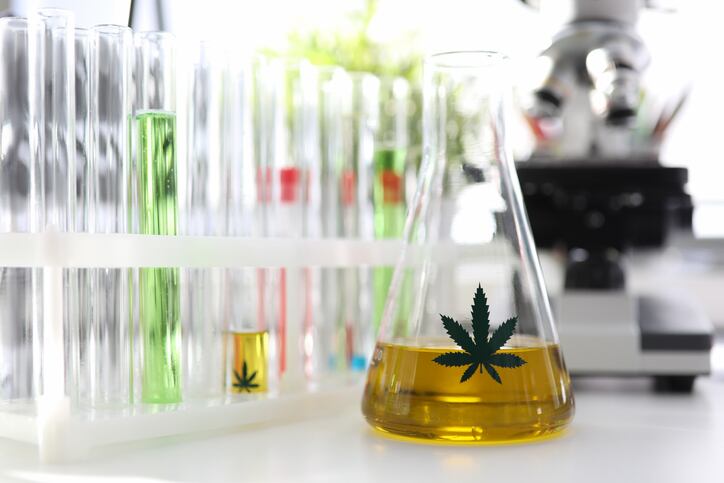Leafreport.com recently put about 3,000 products under the microscope to see how many were being tested for purity or potency. The peer-reviewed CBD watchdog said its findings point to an industry that makes claims that it is simply not living up to.
Key findings
Of the 136 CBD companies, just 13% provided documentation that they tested nearly all of their products for detectable levels of contaminants such as heavy metals, pesticides, or microbial content. However, in 25% of the cases no evidence of purity testing could be found.
"We were stunned to find that of the big-name brands we reviewed, one in four didn't test any of their products for the presence of contaminants," said Lital Shafir, head of product at Leafreport.
Shafir explained to NutraIngredients-USA that their findings rest upon the issue of accessibility.
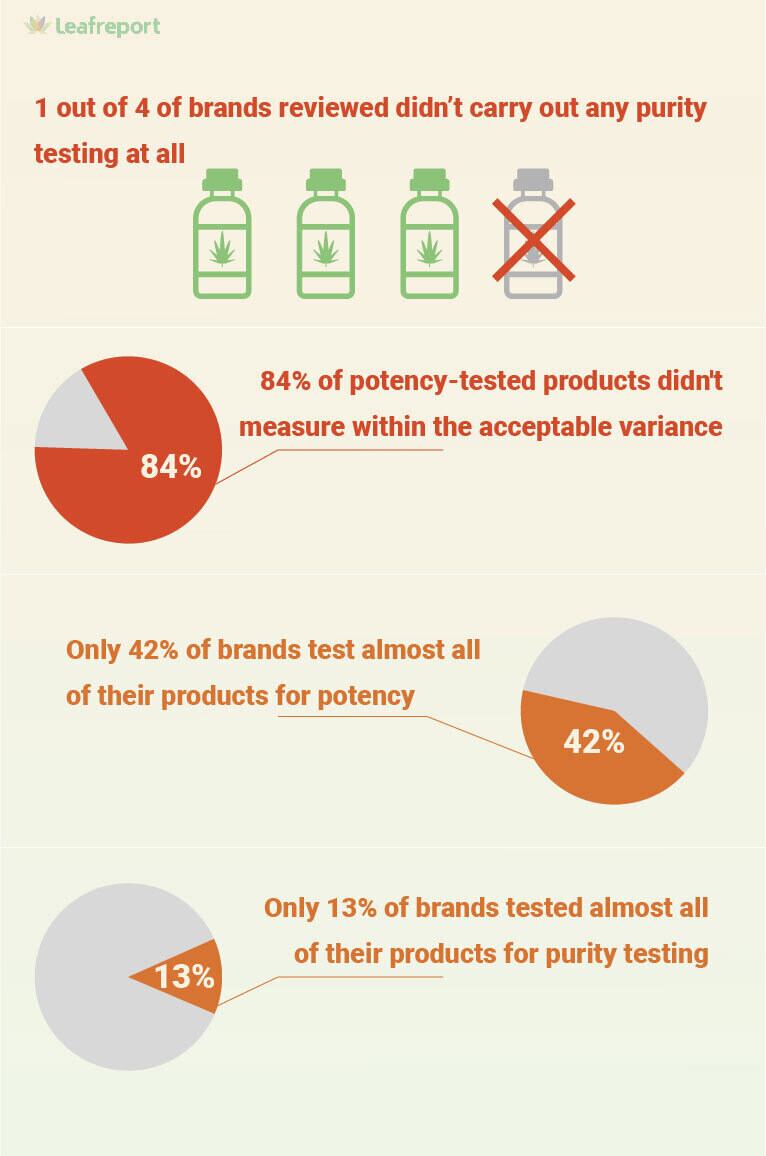
“We mean that the lab results for those products weren't found on the brand's website. That means that either they didn't test their products, or they tested them but didn't publish the report on the website (which can mean the results aren't good or only available for customers with LOT numbers -- i.e. customers that already received their products) and not for everybody to see.
"In addition, in some cases that can mean that the results do exist, but weren't accessible enough on the website so our statisticians couldn't find them, which means the common user wouldn't find them either. Usually, the published tests are third-party and not internal, so when we say they weren't third-party tested, it usually means not tested at all," Shafir said.
Over 80% of the 2,946 products tested were found to be outside the limits of acceptable variance. Leafreport also found that just 42% of brands tested all their products for potency.
The concentration of CBD stated on a product label must match the concentration measured by the testing laboratory within a 10% variance. This means a high-quality CBD product is expected to have CBD levels that are within 90–110% of what is advertised.
"The number of brands sidestepping third-party potency testing, or testing outside the allowable variance, is a genuine source of concern," commented Shafir.
Smaller is better
One interesting finding worth noting is that smaller brands fared better. Brands offering 7 products or less were more likely to test most of their products for both potency and purity, as opposed to brands with over 40 products. This suggests that third-party testing may be more affordable and manageable for brands with fewer products.
Industry not surprised
Jill Ellsworth, founder and CEO of Willow Industries, a microbial decontamination company, said she isn’t surprised by Leafreport’s findings.
“This is standard to what I am seeing in the industry. Very few CBD brands are taking testing seriously and this study supports that,” said Ellsworth. “This is what is currently happening in the industry. There is little to no understanding that there could be contamination in these products (by the producers and consumers) but since there is very little government oversight, it is easy to skate by with false claims and less than stellar formulations.”
Sibyl Swift, regulatory consultant with cbdMD also said some of the findings were expected.
“Companies often formulate with higher levels of SFP ingredients to ensure that at the end of the shelf life the products contain ingredients at the quantity that they claim on the label. Those that formulate with drastically less than label claim should take a close look at their cGMPs, specifically process controls and specifications. FDA has issued a significant number of warning letters about companies' lack of adherence to cGMPs," said Swift.
Swift added that cbdMD is registered with NSF and has passed their rigorous certification process every year.
Do US CBD brands have a legal obligation to test their products?
“In general, the market is still not regulated enough. However, third-party lab test results became somewhat of a norm in the industry so it's very common to find test results for at least some of the products on a brand's websites. This is one of the things that can really prove the quality of a product in such an unregulated market, so we take it very seriously into account when rating products on our website,” said Shafir.
Ellsworth, who is based in Denver, said state regulatory agencies are starting to step up and push the issue. “Colorado just released their hemp testing requirements and all food, food additives, supplements and cosmetics must be tested for microbials, pesticides, heavy metals, mycotoxins, and that THC is less than 0.3%. This is a fantastic step forward for consumer safety.”
Concerns
Shafir said the most concerning part of the findings is the lack of purity testing. “Since those tests cost more than potency tests, many brands give them up, fully or partially -- but they are very important. Another concerning finding is that 84% of potency-tested products didn’t measure within the acceptable variance of up to 10%. That means that from the tested products, most don't actually contain the claimed amount of CBD.”
Shafir added that it's particularly concerning given that hemp, from which CBD is extracted, is a phyto-remedial plant, meaning that it absorbs toxins and heavy metals from the soil.
Another concern for Shafir is that many consumers are using these products for medicinal purposes and not merely recreationally.
“Testing to ensure the potency of your product is accurate is a fundamental aspect of brand integrity--especially in the case of CBD products that are frequently used as medicine. Children diagnosed with rare forms of pediatric epilepsy use CBD to help control seizures, so it's absolutely essential that their caregivers know what's in the bottle to get dosage right," she said.
Ellsworth agrees. “For the cannabis industry and CBD to become a legitimate player in the supplement industry, we need to take testing very seriously. Most importantly, for our consumers who use CBD as medicine,” she cautioned.
Keeping the industry on its toes
Shafir said that her group plans to continue to publish reports that assess the situation of the industry, and they are starting to see brands take it more seriously.
Leafreport, which is based in Tel Aviv, Israel, has done a number of investigations into the CBD industry, each report having its own key takeaways.
“We had some shocking conclusions in each report so far - for example, that some CBD drinks we tested in our beverages report didn't contain any trace of CBD, or over 80-90% variances between test results and the labels we found in our edibles report. However, this report is the most thorough one since we used our entire database of over 135 brands and over 3000 products," Shafir said.
Leafreport's full transparency report can be found here.

